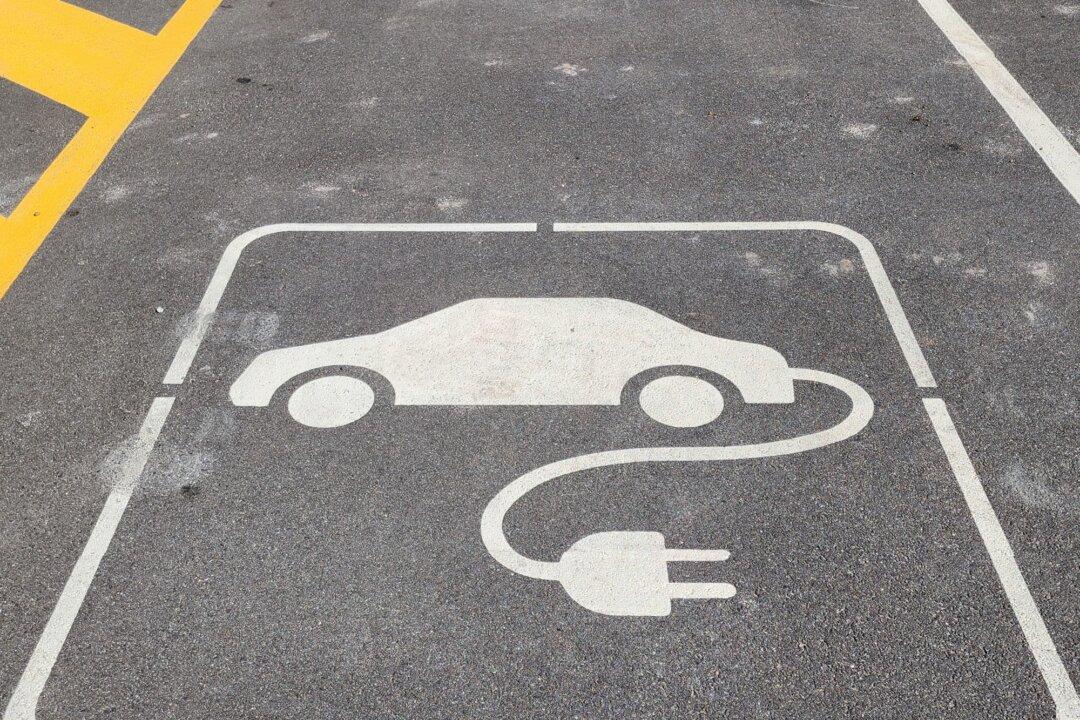Fewer than four in 10 Canadians now say they would consider buying an electric vehicle, marking a decline in interest since 2022, according to in-house research conducted by the department of natural resources.
“Canadians hold mixed views on zero-emission vehicles and continue to have a general lack of knowledge about these vehicles,” the report said. When asked, “Have you considered purchasing or leasing a zero-emission vehicle?” only 36 percent of respondents said ‘yes.’





